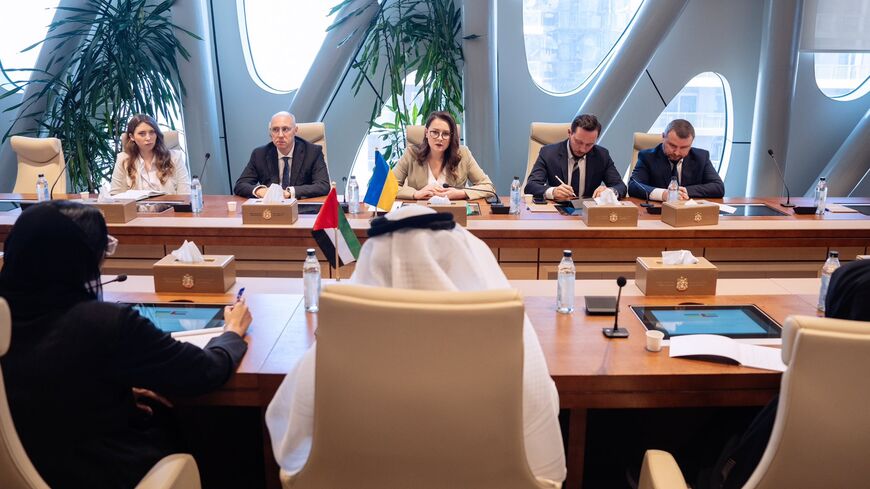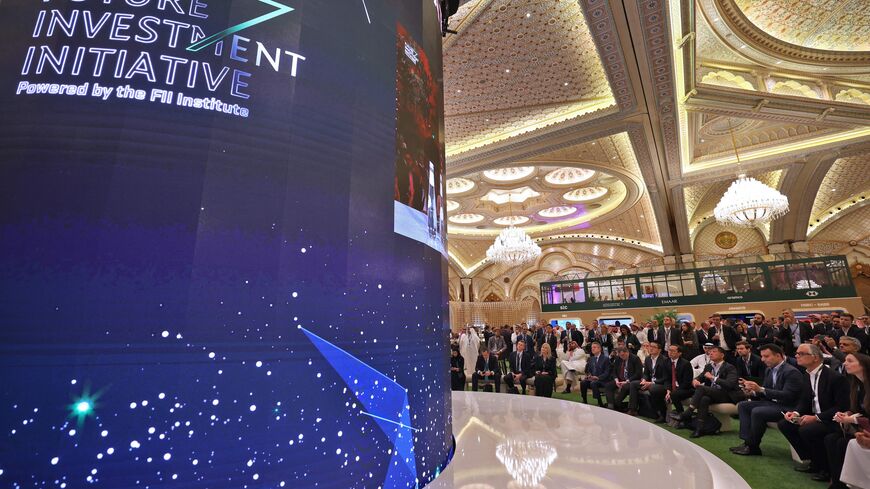UAE Middle East's most economically competitive country in 2024: IMD
In the IMD World Competitiveness Yearbook 2024, the UAE climbed three places to seventh in the world, out of 67 countries. Saudi Arabia ranked at 16th, Bahrain at 21st, Kuwait at 37th, Jordan at 48th and Turkey at 53rd.

A 2024 survey of 67 countries has ranked the United Arab Emirates first globally in 223 competitiveness indicators as the Gulf nation continues to improve its business environment.
The Swiss-based International Institute for Management Development's annual report, the IMD World Competitiveness Yearbook 2024, placed the UAE three places higher at seventh in the world. Singapore came first, followed by Switzerland, Denmark, Ireland, Hong Kong and Sweden. In the Middle East and North Africa, Qatar followed the UAE at 11th place, Saudi Arabia at 16th, Bahrain at 21st, Kuwait at 37th, Jordan at 48th and Turkey at 53rd.
The Emirates ranked first globally in 223 indicators, up from 215 in 2023. It was among the top five countries globally in 444 indicators, compared to 406 last year. It also ranked among the global top 10 in 661 indicators, compared to 604 in 2023 and 508 in 2022.
The UAE ranked second globally in economic performance (up from 4th last year), 4th in government efficiency (up from 8th), 10th in business environment efficiency (up from 16th) and 25th in infrastructure (up from 26th).
The report, which referenced data from the UAE's Federal Competitiveness and Statistics Center, gave the following recommendations for the country:
- Continuing to diversify exports, moving away from an oil-based economy.
- Encouraging economic diversification and sustainability to preserve natural resources for future generations.
- Aligning the education curriculum's outputs with economic and labor market demands.
- Capitalizing on the transformative potential of artificial intelligence while navigating ethical, regulatory and societal implications.
- Bolstering resilience against climate change, working toward the targets of COP28, which the UAE hosted in Dubai last year.
To increase its economic competitiveness globally, the UAE government has been implementing a modernization program across sectors including the non-oil sector, which has grown significantly as the Emirates focuses on other industries like AI, clean energy, technology and tourism. The International Monetary Fund forecasts the UAE's non-oil economy to grow by 4.7% this year, up from a record 3.5 trillion dirhams ($952.93 billion) in 2023.
The UAE has also introduced reforms to allow full foreign ownership across various sectors, boosting foreign direct investment, of which the country attracted 248.3 billion dirhams ($67.6 billion) in 2023. The Gulf state has also liberalized visa policies to make it more attractive for foreign nationals to move to and work there. For example, in 2024, the UAE introduced a reentry permit, allowing expats to maintain their status even if they are abroad for more than six months of the year.
In 2023, the UAE established a Ministry of Investment, which has spearheaded the UAE's investment strategy and works to advance Emirati trade, technology and job creation.









